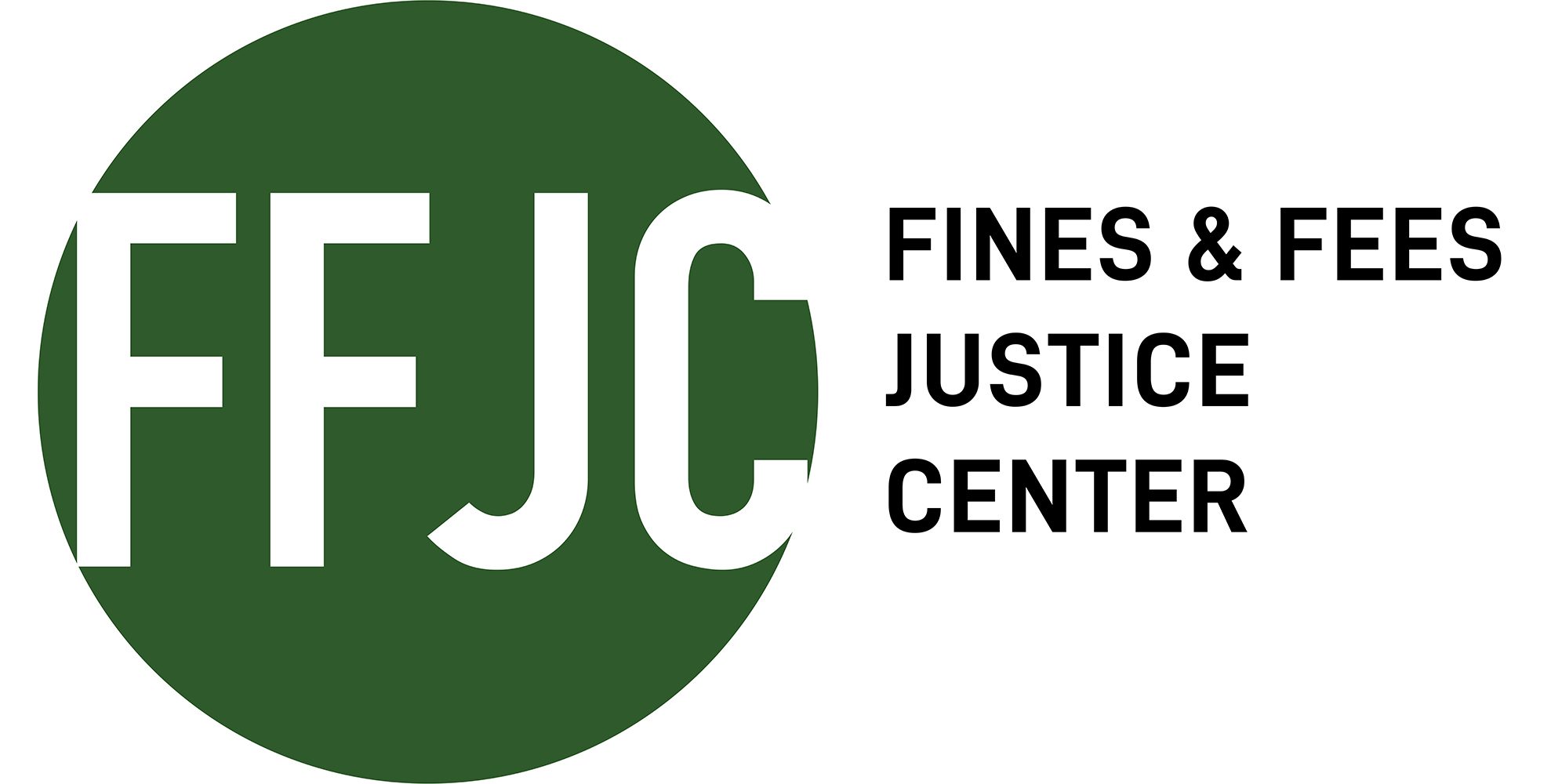City of Grants Pass v. Johnson
Issue Does the Eighth Amendment’s Cruel and Unusual Punishment Clause prohibit municipalities from enforcing generally applicable laws regulating sleeping and camping on public property? Holding In a 6-3 ruling, the …
